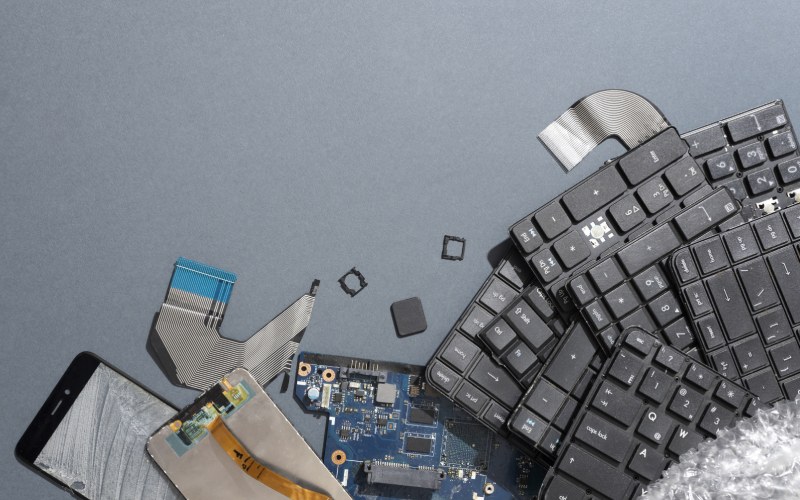
The Electronics and Communication Department at Swami Vivekananda University stands at the forefront of technological evolution, offering a dynamic learning environment where innovation and connectivity intersect. Let's delve deeper into the department's key components to uncover the multifaceted world of electronics and communication technologies that shape our interconnected future.
At the heart of the curriculum lies a robust exploration of electronics fundamentals. From understanding the behavior of electronic components to mastering the principles of digital systems, students gain a comprehensive insight into the foundational elements that power the devices we rely on daily. Hands-on projects and laboratory exercises enhance their practical skills, ensuring a well-rounded understanding of the Department of electronics and Communication Engineering.
In the realm of communication technologies, students not only study theoretical frameworks but also engage in practical applications. Courses cover a spectrum from traditional wired communication to state-of-the-art wireless systems, enabling students to design and analyze data transmission methods. The emphasis on signal processing and network protocols prepares them for the intricate challenges of ensuring seamless connectivity in a rapidly evolving digital landscape.
The Microelectronics and VLSI Design component delves into the intricacies of semiconductor devices and the art of Very Large Scale Integration. Beyond theoretical concepts, students actively participate in designing integrated circuits, exploring the delicate balance between miniaturization and efficiency. Through hands-on experiences, they gain insights into the challenges associated with developing cutting-edge diplomas in electronics and communication engineering on a microscale.
The department recognizes the pivotal role of wireless communication and the Internet of Things (IoT) in modern society. Students delve into wireless network architectures, mobile communication systems, and the integration of smart devices. The curriculum reflects the dynamic nature of IoT ecosystems, preparing students to navigate the evolving landscape of interconnected devices and contribute to the development of innovative solutions.
Beyond traditional coursework, the Electronics and Communication Department actively fosters a culture of research and innovation. Faculty members guide students in exploring emerging technologies, encouraging them to undertake projects that contribute to the advancement of the field. Research opportunities after BTech in Electronics and Communication Engineering not only deepen their understanding but also instill a passion for solving real-world challenges through technology.
Recognizing the importance of industry exposure, the department cultivates strong ties with leading companies in the electronics and communication sector. Internship opportunities provide students with hands-on experience, allowing them to apply theoretical knowledge in real-world scenarios. This collaboration ensures that graduates are not only academically proficient but also industry-ready, equipped with practical skills and insights.
The Electronics and Communication Department and M tech in electronics and communication engineering at Swami Vivekananda University offers students a transformative educational experience, blending theoretical knowledge with hands-on practical skills. Graduates emerge not just as engineers but as innovators ready to shape the future of electronics and communication technologies. In a world where connectivity is paramount, the department stands as a beacon, preparing students to meet the challenges and opportunities of our interconnected future.